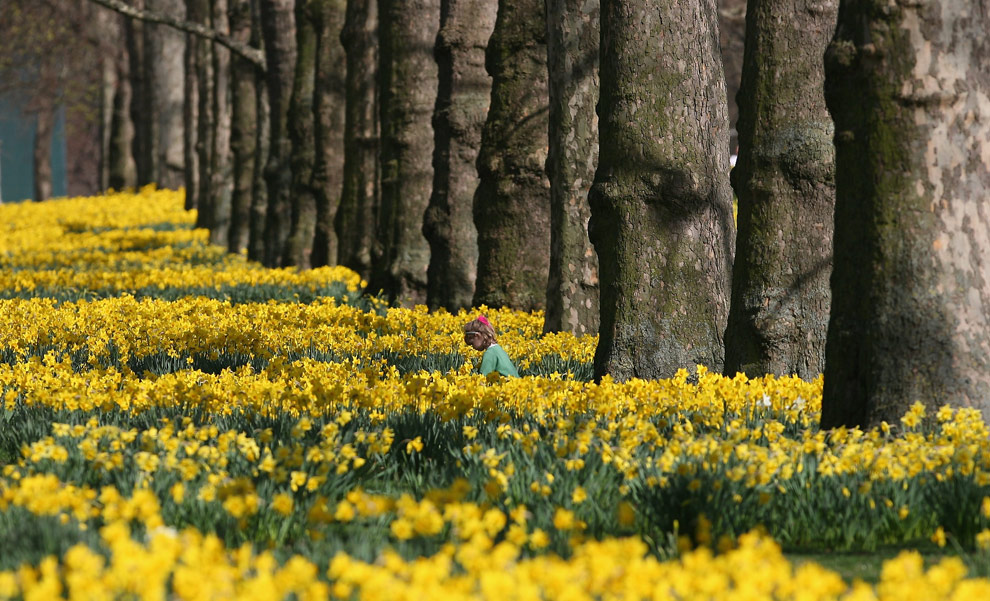Monday, October 22nd, 2012...10:57 amChris Francese
Now winter’s grip loosens (Horace, Odes 1.4)

Solvitur acris hiems grata vice veris et Favoni
trahuntque siccas machinae carinas,
ac neque iam stabulis gaudet pecus aut arator igni
nec prata canis albicant pruinis.
iam Cytherea choros ducit Venus imminente luna, 5
iunctaeque Nymphis Gratiae decentes
alterno terram quatiunt pede, dum gravis Cyclopum
Volcanus ardens visit officinas.
nunc decet aut viridi nitidum caput impedire myrto
aut flore, terrae quem ferunt solutae. 10
nunc et in umbrosis Fauno decet immolare lucis,
seu poscat agna sive malit haedo.
pallida Mors aequo pulsat pede pauperum tabernas
regumque turris. o beate Sesti,
vitae summa brevis spem nos vetat inchoare longam; 15
iam te premet nox fabulaeque Manes
et domus exilis Plutonia; quo simul mearis,
nec regna vini sortiere talis
nec tenerum Lycidan mirabere, quo calet iuventus
nunc omnis et mox virgines tepebunt.
Podcast: Play in new window | Download
Subscribe: Apple Podcasts | RSS

3 Comments
November 8th, 2012 at 2:27 am
Your podcasts are wonderful, and I want to recommend them to other people, but for some reason they are no longer available for download in the UK through iTunes. Do you make them available in any other way (apart from listening on the blog)?
December 13th, 2012 at 4:30 pm
There was and issue with the feed; it has been fixed all the podcasts are available on iTunes again. The link on the blog has also been updated.
January 2nd, 2013 at 1:43 pm
I’m a bit puzzled why Vulcan included. It’s an odd “voicing,” a bit of a surprise. And I presume it’s just me. So…
Is he entailed by the appearance of Venus?
His characterization as “ardens”?
His subterranean-ness foreshadowing the domus Plutonia?
Or is Horace stirring in a bit of the Cretan Velchanos?
And since I’m babbling on here… Doesn’t this seem remarkably like a proto-sonnet? The reflective turn at line 13 seems a very sonnet-like “caesura.”
Thanks.
Leave a Reply